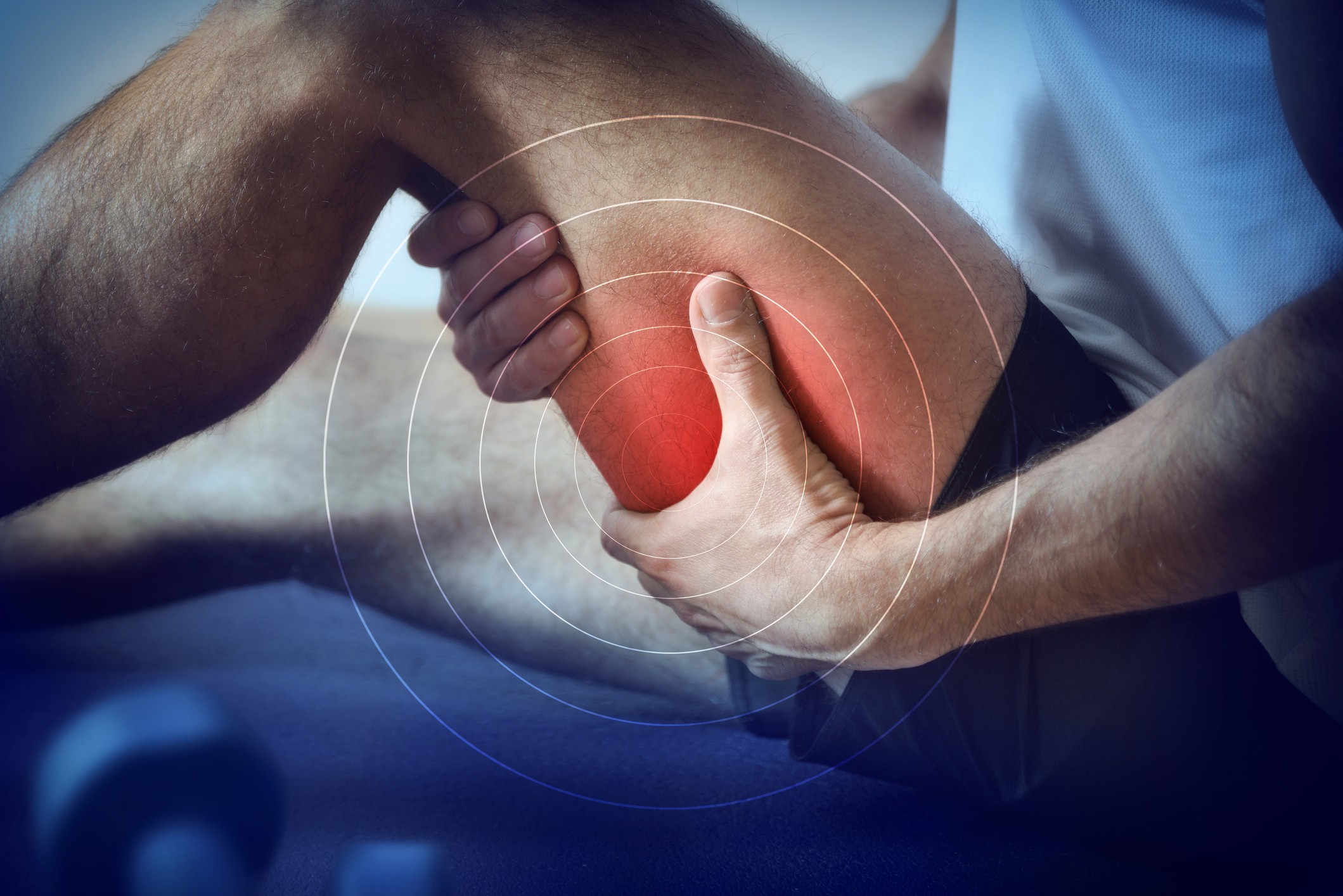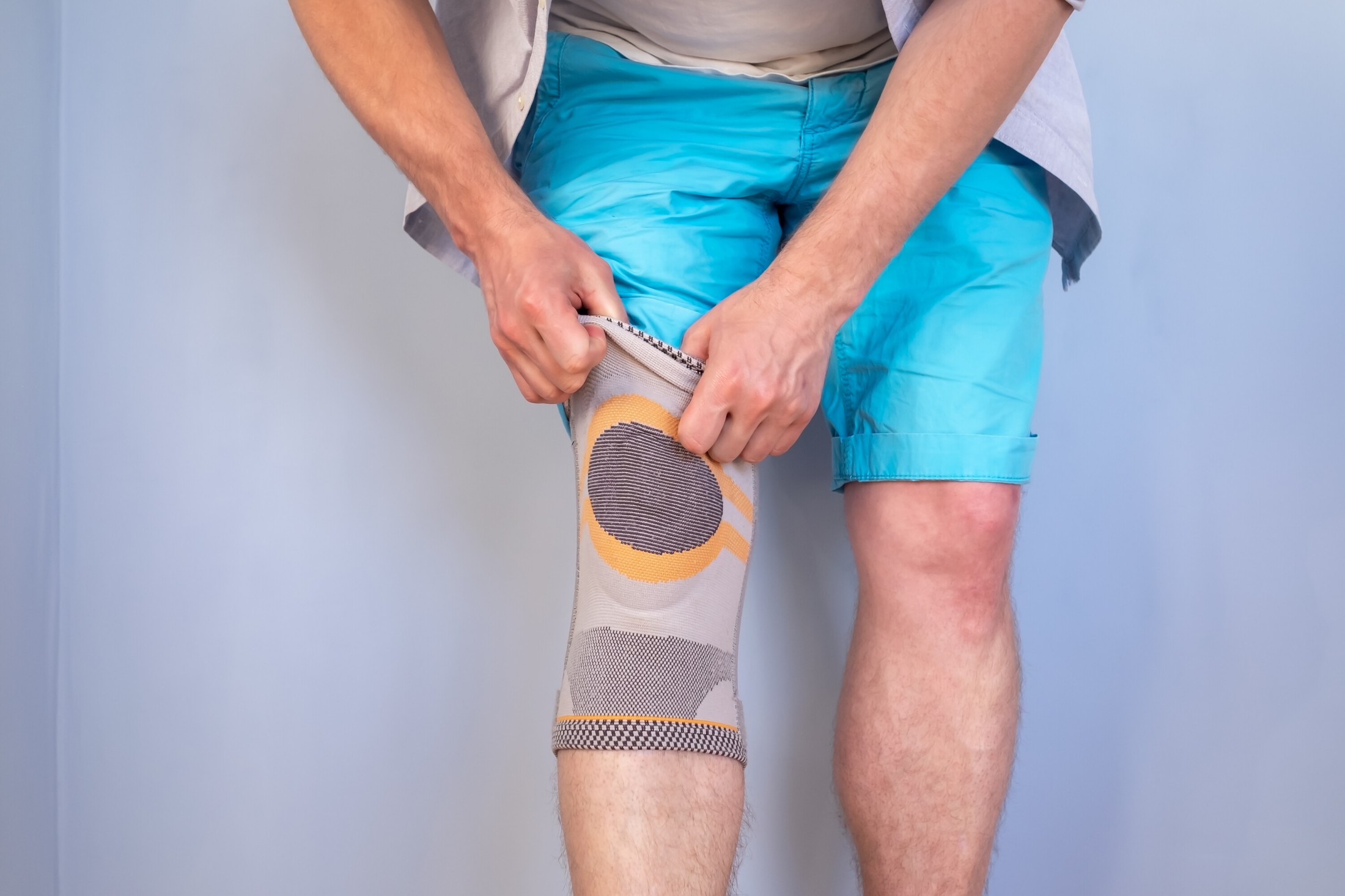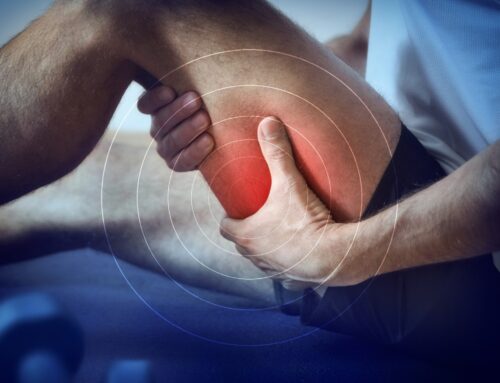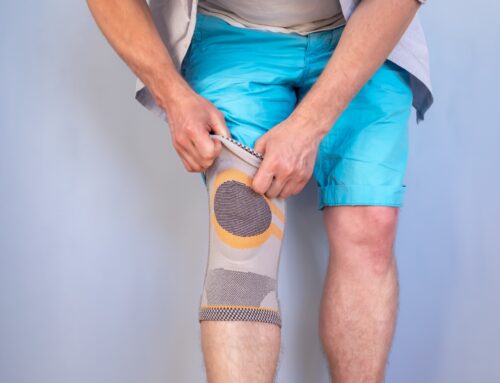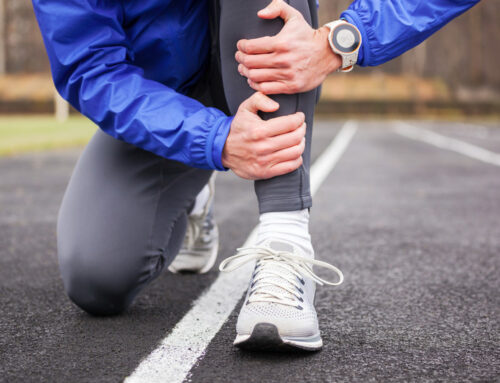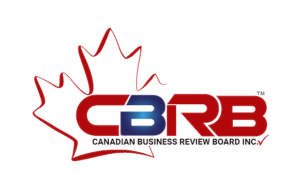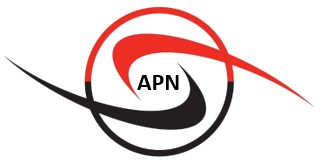Runners are no strangers to foot pain. Whether you’re training for a marathon or jogging a few times a week, repeated impact can lead to a range of orthopedic foot problems. The physical demands placed on the feet during running are significant—each stride sends shock through the feet, ankles, and up the kinetic chain. Over time, this can contribute to strain on the muscles, tendons, and bones of the feet, especially if the body is not properly supported.
Persistent foot pain isn’t just uncomfortable—it can interfere with performance, lead to compensatory injuries elsewhere in the body, and even sideline runners for extended periods. Left unaddressed, minor issues can become chronic conditions that impact long-term mobility and quality of life.
Common Foot Problems in Runners
Foot pain in runners can arise from a variety of conditions, many of which are the result of repetitive stress, improper biomechanics, or inadequate footwear. Recognizing the early signs of these issues can help prevent more serious injuries down the line. Below are three of the most common orthopedic foot problems experienced by runners.
Plantar Fasciitis
Plantar fasciitis is one of the most frequently reported causes of heel pain among runners. It typically presents as a sharp, stabbing pain near the heel, often most noticeable with the first steps in the morning or after long periods of rest.
This condition occurs when the plantar fascia—a thick band of connective tissue running along the bottom of the foot—becomes inflamed due to overuse or repetitive stress. Poor arch support, worn-out running shoes, or a sudden increase in training intensity can all contribute to the development of plantar fasciitis. Without intervention, the pain may worsen and lead to compensatory movement patterns, which can further strain the foot and lower leg.
Stress Fractures
Stress fractures are tiny cracks in the bones of the foot, commonly affecting the metatarsals. They develop gradually from repeated impact and are often the result of overtraining, improper running form, or insufficient recovery time between workouts.
Runners experiencing a stress fracture may notice a localized area of pain that worsens with activity and improves with rest. Unlike soft tissue injuries, stress fractures require a longer recovery period and may necessitate a temporary break from running. Ignoring early warning signs can lead to a complete fracture or long-term complications.
Tendonitis and Arch Pain
Tendonitis, particularly posterior tibial tendonitis, is another common issue for runners, especially those with flat feet or weakened foot muscles. The posterior tibial tendon helps support the arch of the foot, and when overworked or strained, it can become inflamed, resulting in pain along the inner side of the ankle and arch.
Arch pain can also stem from general overuse or improper alignment, which places excessive stress on the midfoot. This is often worsened by running in shoes that don’t provide adequate support or by running on hard, uneven surfaces. Strengthening the foot muscles and correcting biomechanical issues through orthopedic care can help with recovery and prevention.
Orthopedic Care Can Help Runners Stay Active
Orthopedic care helps runners stay active, manage pain, and prevent long-term injuries. When foot problems persist or begin to interfere with performance, a targeted orthopedic approach can offer insight into the root cause and provide practical, personalized solutions.
Identifying Biomechanical Issues Through Assessment
An orthopedic assessment goes beyond treating symptoms—it looks at how the entire body moves and functions. Many common foot problems in runners stem from underlying biomechanical imbalances, such as overpronation, leg length discrepancies, or poor joint alignment. A professional evaluation can identify these issues before they lead to more serious injuries.
By examining range of motion, joint stability, muscle strength, and posture, orthopedic specialists can create a more complete picture of how a runner’s body is functioning under stress. This data is essential in designing effective treatment plans that address both the cause and the symptoms of foot pain.
Gait Analysis and Customized Treatment
One of the most effective tools in orthopedic care for runners is gait analysis—a detailed examination of how a person walks or runs. Through video analysis or pressure-sensitive treadmill systems, clinicians can pinpoint abnormal movement patterns that may be contributing to foot strain or injury.
Based on this analysis, runners may be advised to adjust their stride, cadence, or posture. Orthopedic professionals may also recommend strengthening exercises, stretching routines, or a gradual change in running mechanics. Custom treatment plans take into account each runner’s goals, training routine, and physical limitations, making them more effective over time.
Orthopedic Footwear and Insoles for Alignment and Support
Orthopedic shoes and custom insoles are designed to support natural foot alignment and reduce the repetitive strain that often leads to injury. For runners, this support can make a significant difference in both comfort and performance.
Orthopedic running shoes typically offer:
- Enhanced arch support
- Cushioned soles to absorb impact
- Stabilizing features to control motion and reduce stress on joints
Custom insoles, or orthotics, are often prescribed when off-the-shelf footwear isn’t enough. These devices help correct alignment, relieve pressure points, and support the foot’s natural structure during activity. Used consistently, they can reduce the risk of further injury and improve efficiency.
Orthopedic Tips to Prevent or Manage Foot Pain
Foot pain doesn’t have to be an inevitable part of running. With the right orthopedic strategies, many runners can minimize discomfort, reduce injury risk, and improve overall foot health.
Choose the Right Footwear
Wearing the right shoes is one of the most important steps runners can take to protect their feet. Footwear should provide both structure and flexibility, with features that support your individual foot type and running style.
- Look for proper arch support and cushioning to absorb shock and reduce stress on joints.
- Ensure a proper fit—shoes that are too tight can cause pressure points and blisters, while loose shoes can lead to instability and friction.
- Consider orthopedic running shoes or motion control shoes if you have flat feet, overpronation, or other biomechanical issues. These are specifically designed to promote proper alignment and reduce the risk of injury.
Worn-out shoes should be replaced regularly. A general rule is every 500–800 km (300–500 miles), though this can vary based on terrain and gait.
Use Custom Orthotics If Needed
Orthotics can be a highly effective for preventing and managing foot pain in runners. These inserts are designed to improve foot mechanics by supporting natural alignment and redistributing pressure.
Orthotics support the arch and stabilize the heel, helping to relieve strain on the plantar fascia, Achilles tendon, and other vulnerable areas.
- Over-the-counter orthotics can be useful for mild issues and are readily available, but they may not fit precisely or address unique structural needs.
- Prescription orthotics are custom-molded based on an orthopedic assessment and gait analysis. These are recommended for runners with persistent pain, significant biomechanical problems, or chronic conditions like plantar fasciitis or flat feet.
Strengthening and Flexibility Exercises
Strong, flexible feet are better equipped to handle the repetitive impact of running. Targeted exercises help support the arches, stabilize the ankle, and reduce the risk of overuse injuries.
- Strengthening exercises such as toe curls, towel scrunches, and marble pickups activate the intrinsic foot muscles.
- Calf and plantar fascia stretches should be done daily, especially after runs, to reduce tightness and improve mobility.
- Foam rolling the calves and using a massage ball on the arch can also promote recovery and reduce tension.
Gradual Training Schedule
Sudden increases in training intensity or distance are a leading cause of foot injuries in runners. A slow, progressive approach allows the body time to adapt to new demands.
- Follow the 10% rule: Don’t increase mileage more than 10% per week.
- Incorporate cross-training activities like swimming or cycling to reduce repetitive impact while maintaining cardiovascular fitness.
- Pay attention to early signs of pain or fatigue and adjust your schedule as needed to prevent overtraining.
Prioritize Recovery and Rest
Rest is essential to both recovery and injury prevention. Ignoring signs of overuse can lead to long-term damage, especially in the feet, where small stress injuries can quickly worsen.
- Take regular rest days to allow tissues time to repair.
- Use ice and elevation after long runs or when experiencing inflammation or soreness.
- Over-the-counter anti-inflammatory medications may help manage occasional pain but should not be used as a substitute for rest or proper treatment.
Listening to your body and incorporating rest into your training plan can go a long way in supporting your orthopedic health and keeping you running comfortably.
When to See a Specialist
Many foot issues can be managed with self-care and preventive strategies, but there are times when professional evaluation is necessary. Ignoring persistent or worsening symptoms may lead to more serious complications, especially for runners who place consistent stress on their feet.
Signs That Foot Pain Needs Medical Evaluation
If you’re experiencing any of the following symptoms, it’s time to consult with a specialist:
- Persistent pain that doesn’t improve with rest, footwear changes, or over-the-counter remedies
- Swelling that doesn’t go down after 24–48 hours, or that worsens with activity
- Numbness or tingling, which may indicate nerve involvement or circulation issues
These symptoms could point to more serious conditions such as stress fractures, nerve compression, or chronic inflammation that require targeted treatment.
An orthopedic specialist or podiatrist/chiropodist can provide a detailed assessment to uncover the underlying causes of your foot pain. With advanced tools like gait analysis, imaging, and biomechanical evaluation, they can:
- Accurately diagnose the problem
- Recommend a personalized treatment plan
- Prescribe orthotics or footwear modifications
- Guide rehabilitation or exercise adjustments
Staying on Track Starts With Healthy Feet
Foot pain is often seen as an unavoidable part of running—but it shouldn’t be. Discomfort that lingers or worsens over time is a signal that your body needs support, not something to push through. Accepting pain as normal can lead to more serious issues that affect not just your performance, but your long-term mobility and health.
With the right orthopedic insight and preventive care, most runners can continue their routines safely and confidently. From choosing the right shoes to using custom orthotics and adjusting your training plan, small changes can make a big difference.
If you’re dealing with discomfort during or after your runs, it could be a sign of an underlying issue with your foot mechanics. Book a foot assessment with our certified Chiropodist and find out if custom orthotics or supportive footwear could help you run more comfortably.
Share This Story, Choose Your Platform!
Table of Contents
We specialize in orthotics, body braces, and compression wear tailored to your unique needs in Toronto. Reach out to us at info@caremed.care or call 416-782-5353 to book your fitting and consultation.
Experience the difference of customized solutions designed just for you.


